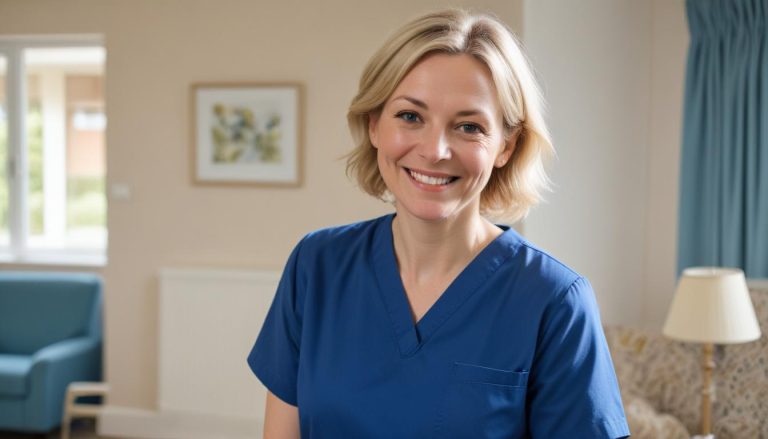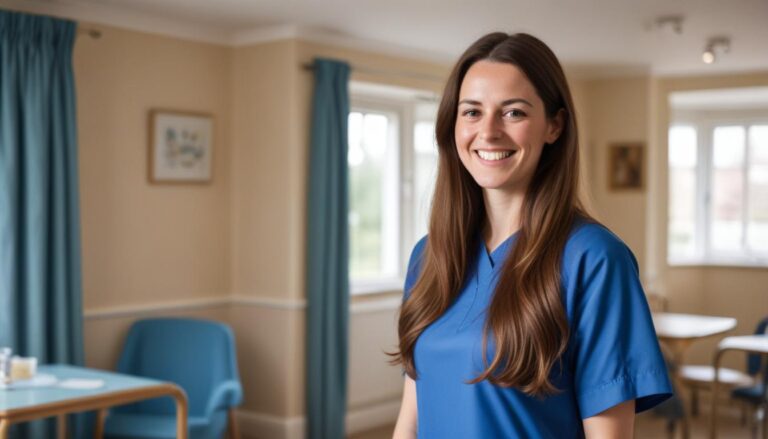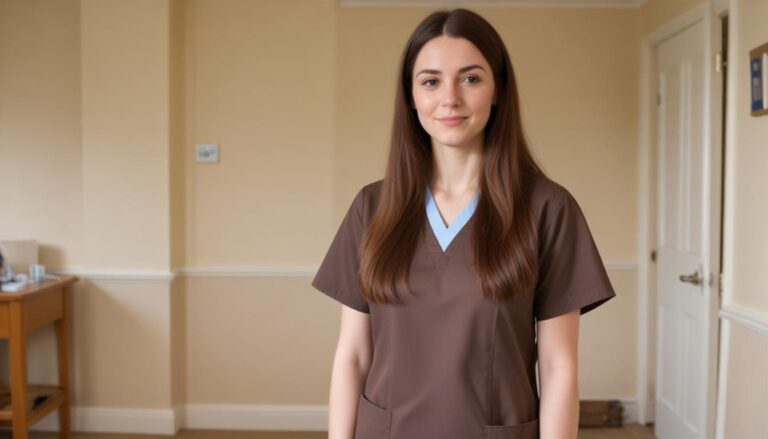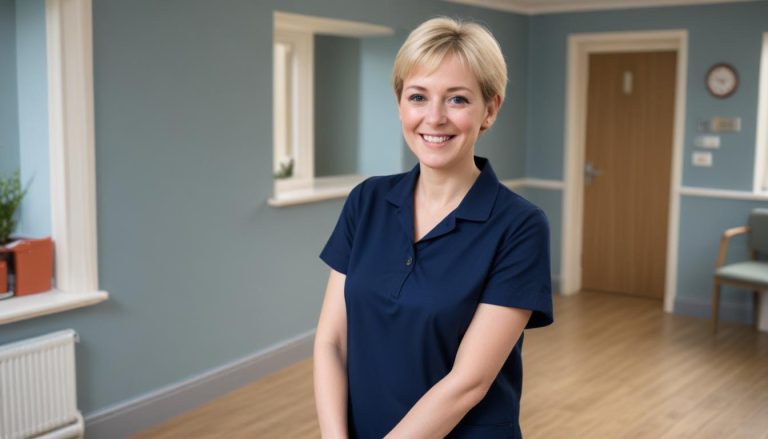
Unlicensed medicines are medications that are used in a manner outside their approved licence or are not licensed at all in the UK. A medicine licence, also known as a marketing authorisation, is issued by regulatory bodies like the UK Medicines and Healthcare products Regulatory Agency (MHRA) or the European Medicines Agency (EMA). This licence confirms that the medicine is safe, effective, and manufactured to a high standard for its intended use. Often, unlicensed medicines are required in situations where no suitable licensed alternative exists.
Understanding unlicensed medicines is important, particularly in health and social care settings. While they serve specific medical purposes and fill gaps in treatment, their use does involve certain risks and responsibilities. This guide will help you understand what unlicensed medicines are, why they are used, and the considerations involved in their prescription and use.
Examples of Unlicensed Medicines
Unlicensed medicines cover a broad range of scenarios. These include:
- Medicines that are imported from other countries but are not licensed for use in the UK.
- Products that have been specially prepared for an individual patient, such as compounded medicines (mixed or tailored to meet the patient’s specific needs).
- Drugs used outside the scope of their licence, known as “off-label” use. For example, a medicine that is licensed for adults but prescribed for children falls into this category.
- Experimental medicines that are still in development or clinical trials and do not yet have a licence for mainstream use.
Why Are Medicines Licensed?
The licensing process is designed to provide safeguards. Medicines are thoroughly tested for safety, effectiveness, and quality before being granted a licence. This process ensures the public can trust the treatment to work as intended, with manageable side effects.
A medicine’s licence specifies:
- The conditions or illnesses it is approved to treat
- Recommended doses
- The patient groups it is safe for, such as age or specific conditions
- Its method of delivery, like a tablet, injection, or inhaler
- How it should be stored and used
Using licensed medicines ensures a consistent, regulated, and standardised treatment for patients.
Why Use Unlicensed Medicines?
Despite the safeguards of licensing, there are cases where healthcare professionals choose unlicensed medicines. These scenarios can include:
- Lack of licensed options: For some conditions, no licensed drugs are available. For example, rare diseases or highly specific medical needs may not attract large-scale drug development because demand is low.
- Special patient needs: Some people require customised medicines, such as liquid formulations for children or those who cannot swallow tablets.
- Off-label use: An existing drug may be effective for an issue not specified in its licence. For example, certain cancer drugs approved for adults may work for childhood cancers but lack specific approval for children.
- Emergencies: In urgent cases, experimental drugs or treatments under development might be used if licensed treatments have failed or don’t exist, such as during a pandemic.
Who Decides to Use Unlicensed Medicines?
The decision lies with healthcare professionals, such as doctors or pharmacists. They base their judgement on clinical knowledge, available evidence, and the patient’s condition. By prescribing an unlicensed medicine, the prescriber accepts responsibility for its use, including monitoring outcomes and managing any adverse effects.
Patients are usually informed if their treatment involves unlicensed medicine. Transparency helps them understand the potential risks and benefits.
Legal and Ethical Considerations
Using unlicensed medicines involves legal and ethical responsibilities. In the UK, the MHRA and professional bodies like the General Medical Council (GMC) provide clear guidelines. Doctors and other prescribers must ensure the choice of an unlicensed medicine is clinically appropriate and based on evidence.
Legally:
- Prescribers must use unlicensed medicines only when no suitable licensed alternatives exist.
- They should assess the risks versus the expected benefits for the patient and record their decision carefully.
- Patients or their carers must be informed and consent to the treatment wherever possible.
Ethically, healthcare professionals must act in the patient’s best interests. They must give accurate and honest information about the treatment, while respecting the patient’s preferences.
Safety Monitoring and Reporting
Unlicensed medicines require robust monitoring to detect any adverse effects or unexpected outcomes. Healthcare professionals play a key role in reporting problems or “adverse events” to the MHRA through the Yellow Card Scheme. The scheme helps collect data on side effects or safety issues, which is particularly important for drugs with limited testing or licensing.
Manufacturing Standards
Even though unlicensed medicines don’t go through the full licensing process, they are still subject to strict regulations. Manufacturers must work under a “specials” licence, which is overseen by the MHRA. This ensures the medicine is made to high standards and suitable quality. However, since unlicensed medicines often have less testing data than licensed ones, healthcare professionals must be cautious.
Special Considerations for Paediatric Use
Many unlicensed medicines are used in children. Paediatrics is an area where off-label use is common because fewer drugs are specifically developed and licensed for young people. This creates a gap in available treatments. For example:
- A medicine approved for adults might be used in a child in a reduced dose.
- Liquid formulations might need to be prepared if the medicine is only available as tablets.
Specialists like paediatricians assess each case carefully. They often rely on research articles, clinical experience, and small studies to guide their treatment plans.
Role in Rare Diseases
Unlicensed medicines are critical in treating rare diseases (sometimes called orphan diseases). Rare diseases often lack commercial interest from drug developers, as the patient population is small and development costs high. For these cases, unlicensed medicines, experimental treatments, or drugs imported from abroad may be the only options.
Patient Awareness and Consent
Patients must know if they are receiving unlicensed medicine. Clear communication between the prescriber and the patient or their carer builds trust. Doctors, nurses, or pharmacists explain why this option is being suggested, what risks might come with the treatment, and what alternatives (if any) are available.
This open discussion allows patients to ask questions and make informed decisions about their care. Written information or patient leaflets may also help explain complex issues.
Benefits of Unlicensed Medicines
Although their use comes with caution, unlicensed medicines fulfil important gaps in healthcare. Benefits include:
- Access to treatments not commercially available in the UK.
- Adaptable formulations, providing options for patients with unique needs.
- Addressing urgent or rare medical conditions where no licensed option exists.
Challenges in Using Unlicensed Medicines
There are several challenges to consider when using unlicensed medicines:
- Limited data: Clinical trials and research may not fully cover their safety or effectiveness. This can increase uncertainty compared to licensed medicines.
- Quality assurance: While manufacturing standards are strict, unlicensed medicines may lack long-term studies on their reliability.
- Prescriber accountability: The responsibility to monitor and manage risk lies heavily on the doctor or healthcare professional prescribing the treatment.
- Patient concerns: The idea of receiving unlicensed medicine can worry some patients. Explaining their use clearly can help reduce anxiety.
Examples of Unlicensed Medicines
Real-life examples show how unlicensed medicines are used:
- Imported medicines: In cases where a licensed UK drug is unavailable. For example, certain cancer drugs may be sourced overseas temporarily.
- Compounded medicines: Liquid versions of tablets made for children or older adults.
- Medical cannabis: Some cannabis-derived treatments used for epilepsy or severe pain are classified as unlicensed in certain cases, despite being carefully produced.
Regulatory Oversight
The MHRA has a central role in balancing the benefits and risks of unlicensed medicines. They provide guidance to manufacturers and healthcare professionals. Ensuring patient safety without stopping access to necessary treatments is a delicate task. The MHRA also supports innovation in drug development while maintaining strict oversight.
Conclusion
Unlicensed medicines are an essential option in modern healthcare. They help fill gaps where standard treatments aren’t available or effective. While they lack a licence, their use is carefully regulated and guided by ethical and legal standards. Healthcare professionals consider clinical evidence and patient needs carefully before prescribing them.
Patients should feel confident asking questions if they are offered unlicensed medicine. Receiving clear and honest information builds trust and improves outcomes. Ultimately, their use reflects both the challenges and opportunities within the healthcare system.
Subscribe to Newsletter
Get the latest news and updates from Care Learning and be first to know about our free courses when they launch.






